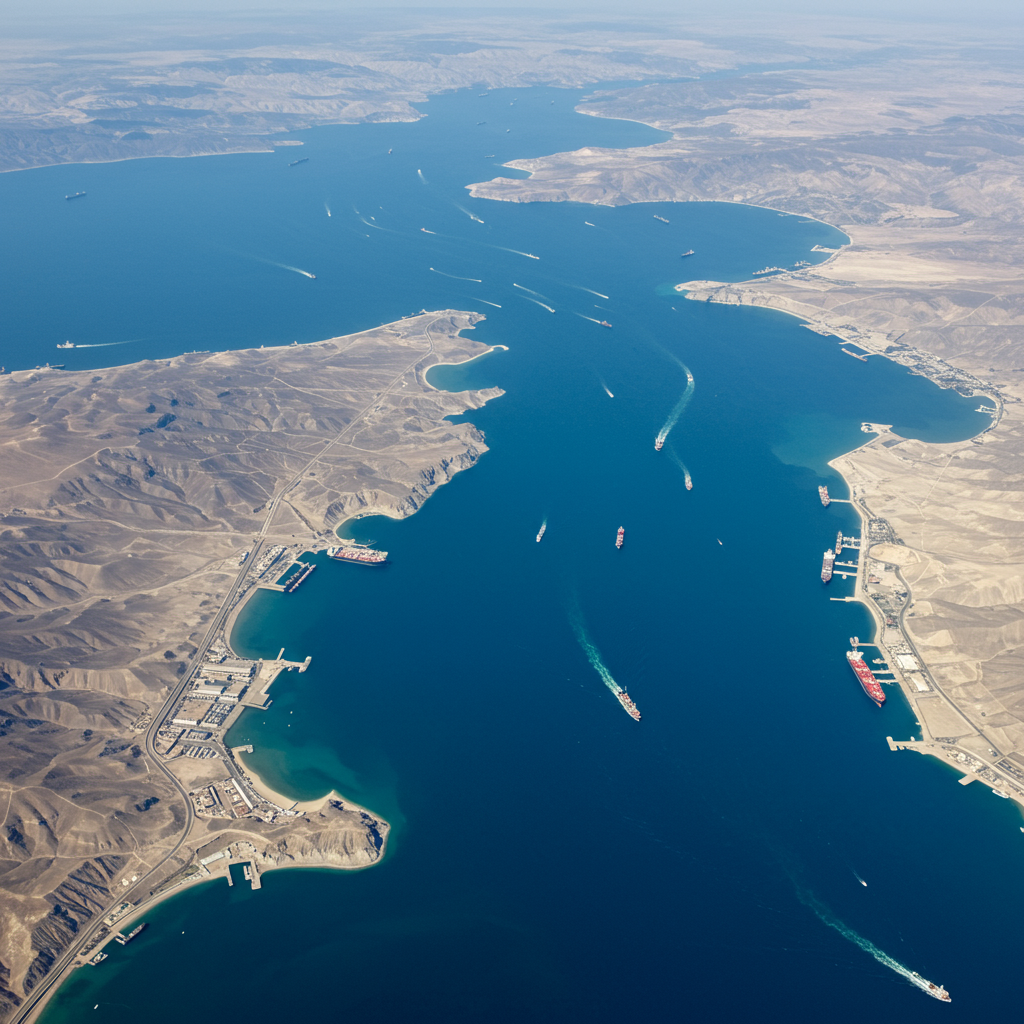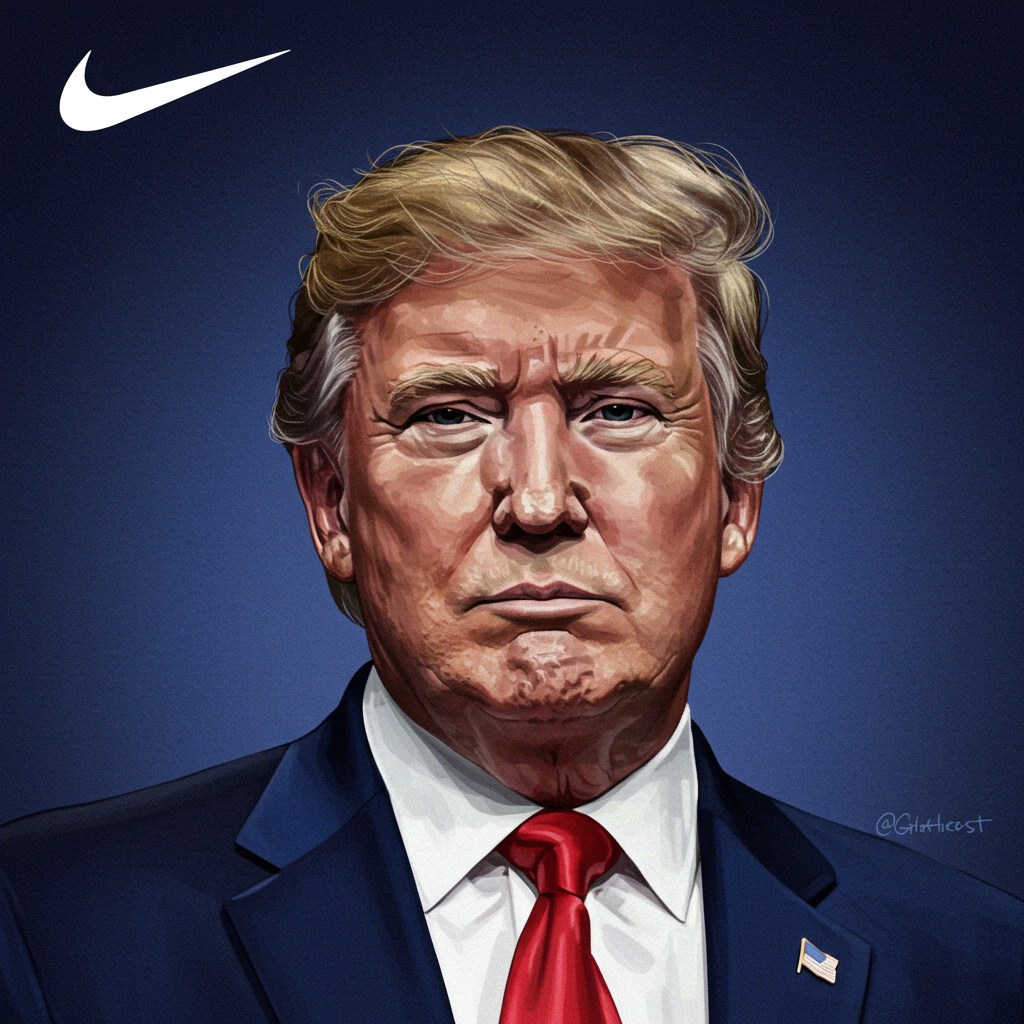Oil prices saw volatility ease somewhat after the White House indicated that President Donald Trump would take up to two weeks to decide on potential military action against Iran. The announcement reduced immediate speculation of an imminent strike, which had previously pushed prices higher.
West Texas Intermediate (WTI) futures for August delivery, the most actively traded contract, edged up slightly, gaining about 0.5% to trade near $74 a barrel. This followed an earlier surge that saw prices approach $76 a barrel on reports suggesting senior U.S. officials were preparing for a potential strike in the coming days. White House Press Secretary Karoline Leavitt confirmed the two-week timeline, providing the market with a clearer, albeit extended, window for a decision.
Geopolitical Tensions Continue to Influence Crude
While the potential delay removed some of the immediate upward pressure, crude prices remain significantly higher than they were before Israel’s strike on Iran earlier in the month. Market indicators reflect this heightened tension: volatility has spiked, options trading shows a bullish bias, and the premium for near-term crude contracts is notably higher compared to those further out in time.
Analysts noted that postponing a potential direct U.S. military involvement means a significant price spike isn’t likely “today or tomorrow.” However, the market is bracing for potential future increases, with participants estimating that approximately $8 of geopolitical risk premium is already factored into current prices. This premium could rise further depending on Trump’s final decision.
President Trump has maintained a tough stance against Iran, previously threatening “massive maximum pressure” and even vowing to “drive Iranian oil exports to zero” if Tehran does not comply with U.S. demands. His administration has engaged in nuclear talks while simultaneously exploring military options, creating an environment of uncertainty that keeps energy markets on edge. Trump himself has offered conflicting statements, saying he “may do it” or “may not do it” regarding a strike, adding to market ambiguity.
Strait of Hormuz Risk Persists
A major concern for the oil market is the potential for conflict to disrupt shipping through the Strait of Hormuz. This narrow waterway between Iran and Oman is a critical chokepoint, handling roughly one-fifth of the world’s oil supply. Energy executives have warned that a blockage could have a “huge impact” on global trade. While there were no signs of Iran actively seeking to disrupt shipping at the time of the announcement, the precarious regional situation ensures the Strait remains a key focus for market watchers.



